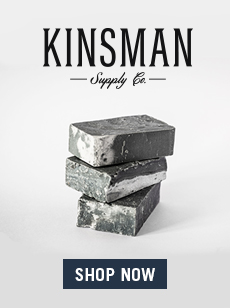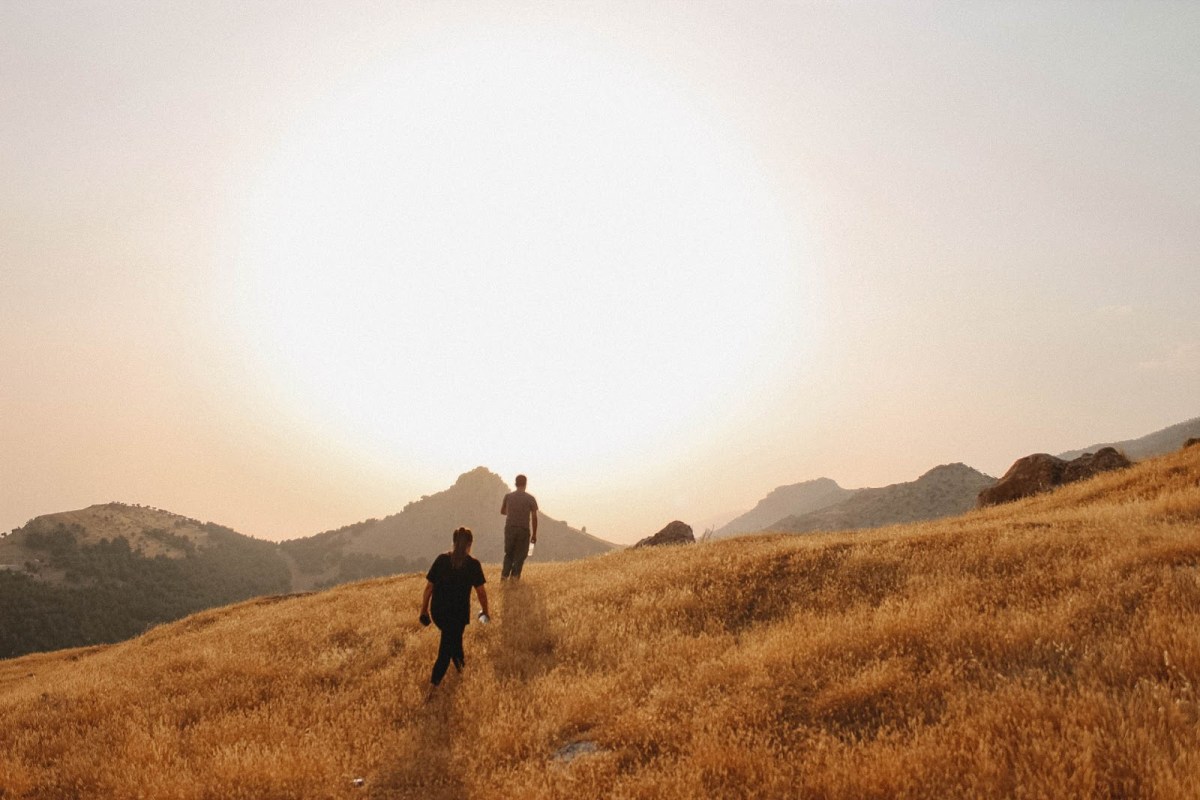“Put on your own oxygen mask first.”
“You can’t pour from an empty cup.”
“You can’t love others if you don’t love yourself.”
We hear or read quips like these often. And nearly as often, we nod in agreement or share the meme and then return to the hustle of helping.
These clichés are hard enough to live out in a society that pushes us to do more and be more. Add to that a global pandemic and, in the US, an election that’s tearing us apart, and self-care feels like an impossible luxury.
It’s not. It’s essential.
We need to care for ourselves more than ever. But we also need to know what real self-care looks like… and why it’s so important.
Self-care has become kind of a trope, overtaken by an industry that wants to sell us relaxation products and expensive vacations. Sure, a nightly bubble bath or weekly massage or a three-week vacation would be great, but that’s not necessarily the kind of self-care that keeps us invested and energized for the work of waging peace.
Maybe what we need to stay effective in this work isn’t to treat ourselves, but to strengthen ourselves.
Effective self-care, put simply, is the ability to engage in helping others without sacrificing your own wellness and other important parts of your life. Effective self-care is finding and then investing in the things that give us the strength we need to keep going.
And this self-strengthening? It’s not optional. It’s essential. If we are fighting what our own bodies and souls need to thrive, we aren’t practicing peace within ourselves. And to spread peace, we have to practice it. We have to model it.
Practicing peace through self-strengthening can be hard to convince ourselves to do. But luckily, the actual work of it isn’t that complex, and you don’t even need to get out your purse or wallet.
Effective self-care is the ability to engage in helping others without sacrificing your own wellness and other important parts of your life.
Self-strengthening for peacemakers is setting boundaries. It’s doing the hard work, and letting others do their share of the work, too. It’s being the support, advocate, and ally others need, but it’s not stepping in to fix other people’s lives. It’s recognizing where your role begins and ends, and giving it your all—but not giving past what you have to give to the point that you feel angry, burned out, or emotionally unwell. When you get to this place, you’re not being as helpful as you think you are. So step back and re-evaluate what’s healthiest for you and the people around you––chances are, setting better boundaries around your helping work will be beneficial for everyone, including those you’re serving.
But what if… setting boundaries around my own time and energy means people who need help aren’t going to get it? Let’s have a hard truth moment: if you’re stressed out or overworked, your help isn’t actually all that useful, and it may actually be harmful. An angry, burned-out humanitarian who is helping out of guilt isn’t able to engage in the kinds of relational connections that facilitate real, long-term change and hope. Know what you’re great at (and for how long you can be great at it before needing a break), and know who’s great at what you aren’t. Let them step in where your skill wavers and theirs is strongest. Which brings us to the next point…
Self-strengthening for peacemakers is knowing and using your resources. You’re off the hook! You don’t have to be an expert, and you don’t have to be indispensable to be effective. There are so many wonderful tools available for people who want to learn how to be better peacemakers. Yes, have personal conversations! Yes, sit with uncomfortable feelings! And also, know who the experts and leaders are in this work, find out what resources they’ve made available, and determine how to help others access those resources.

This is particularly important if you’re a member of a cultural minority community. It is not your work to educate others on your marginalization, to convince people of your value, or to hustle to demonstrate your worthiness. Find a few favorite books to pass along to people who want education on how to approach intercultural issues. If you’re up for it, offer to sit with them and share your own experiences once they’ve finished reading or working through these resources.
But what if… people don’t want resources, they just want to argue? Unfortunately, you can’t argue someone into understanding peace; they have to be willing to listen, learn, and do their own work.
Self-strengthening for peacemakers is prioritizing rest. You literally cannot survive without rest––it’s necessary to sustaining human life. Get enough sleep for you. Take time to have a regular meal with people you love. Take a ten-minute walk outside every day. Rest shouldn’t be the last thing on your list. It should be woven into your daily priorities. You make time to brush your teeth, to eat, to put on clothes, to drink a glass of water––rest is just as important as each of these things. The issue is, we don’t see the consequences of lacking rest until much later, so it’s easier to skip than brushing our teeth, which would cause fairly immediate discomfort and embarrassment. To keep doing what you’re doing well, you need to care for your body, mind, and soul with regular breaks.
But what if… you just don’t have time? It’s hard. It’s really is. But you need to make it. When we are overspent, we stop being able to listen, empathize, and respond with love and reason. All of these are crucial to peacemaking work. Everyone’s better off when you’re being a great asset 8 hours a day than when you’re working with a stressed, overexerted brain and body 24/7.
Self-strengthening for peacemakers is not going it alone. Peace can’t be made in isolation. And it certainly can’t be sustained that way. Connection is the main ingredient for the long-term health of peacemakers and peaceful communities alike. Life is difficult enough before adding in the mountainous responsibilities of reconciling communities, restoring wellness, and choosing to love anyway. Caring for yourself well means growing a support system––a team to climb the mountains alongside you. Don’t worry, it doesn’t have to be formal. Connect with a small group of people you can trust and rely on through your place of worship, take your ten-minute daily walk with a coworker (cross two hurdles in one leap!), meet regularly with a friend or family member to talk about how you’re really doing and identify ways to support each other, or join your local Love Anyway Gathering.
But what if… you’re an introvert? Great! Me, too! For us, seeking out connection is even more important, because we’re naturally likely to spend more time alone. I find being around lots of people means I need even more rest at the end of the day, but a support system is just as important to my health and wellbeing as it is for my extroverted friends. Be intentional about where and with whom you choose to spend your valuable time, and make sure your peacemaking care crew includes people who you’re comfortable getting real with.
![]()
Taking care of you, Peacemaker, is absolutely crucial. So please, put on your own oxygen mask to keep your lungs strong. There’s no shame in it, and you can’t wage peace if you can’t catch your breath.
Now inhale deeply, and go change the world.
Note: This post was updated in October 2020 to address the importance of self-care in the midst of COVID-19 and a polarizing election cycle.


